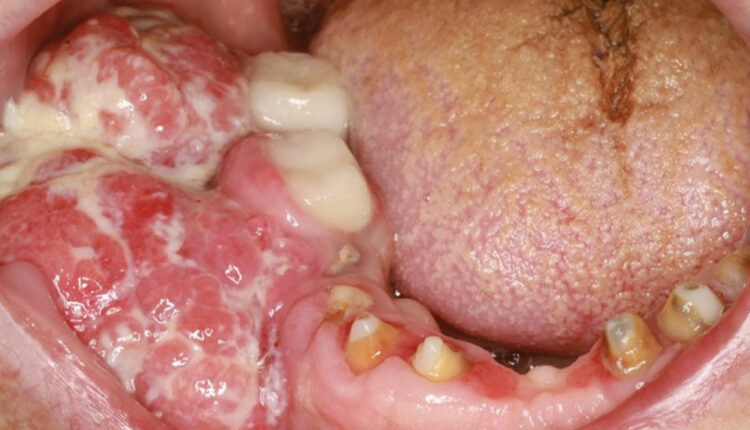Mouth cancer impacts a lot of people and can disrupt their lives. But this life-threatening condition is preventable with hygiene maintenance and proper dental care. Aside from daily tooth brushing and flossing, regular visits to a Bethesda, MD dentist can help repel oral cancer.
Habits such as brushing and flossing eliminate plaque from teeth’s surface, preventing oral cancer and gum disease. Chewing and smoking tobacco are directly associated with mouth cancer formation. Thus, if you have been addicted to tobacco, it’s time to quit this habit if you want to stay healthy.
Symptoms and Risk Factors
Detecting oral cancer can be challenging since the symptoms can mimic other throat and mouth issues. common signs of oral cancer are lumps or sores in the mouth that do not disappear, strange patches inside the mouth, loose teeth, trouble swallowing and chewing, neck lumps, and mouth pain. Although the main cause of oral cancer is not known, factors like tobacco use, consuming too much alcohol, family history, sun exposure, and HPV infection can increase your risk of developing this cancer.
Why Oral Cancer Prevention is Important
Oral cancer can affect your teeth, tongue, gums, throat, and lips. When left untreated, it can spread to other body parts.
Regular dental checkups and hygiene practices are necessary to maintain your oral health. They can detect early signs of oral cancer, increasing the odds of treatment success. Mouth cancer is a severe problem that can happen in any portion of your mouth like the lips, cheeks, throat, and tongue. A dentist can detect cell abnormalities through comprehensive examinations and treatments.
During your dental checkups, your dentist can check your mouth, gums, and throat for abnormalities. If your dentist detects oral cancer, they will prescribe various tests like biopsies to confirm the growth of cancer.
Oral Cancer and Other Types of Cancer
Aside from oral cancer, poor oral health can increase your risk of other kinds of cancer that do not develop in the mouth. For instance, studies show that some kinds of bacteria that cause gum disease can also cause esophageal cancer. If gum disease is left untreated, it can compromise your mouth tissues, letting harmful bacteria get into your bloodstream and possibly infect other body parts.
Prioritizing your oral health reduces your risk of developing different kinds of cancer and enhances your overall well-being. Your overall health includes your oral health and neglecting the latter can lead to far-reaching consequences.



